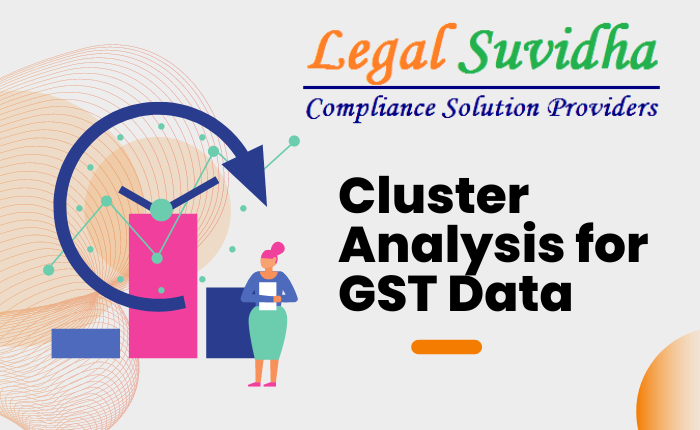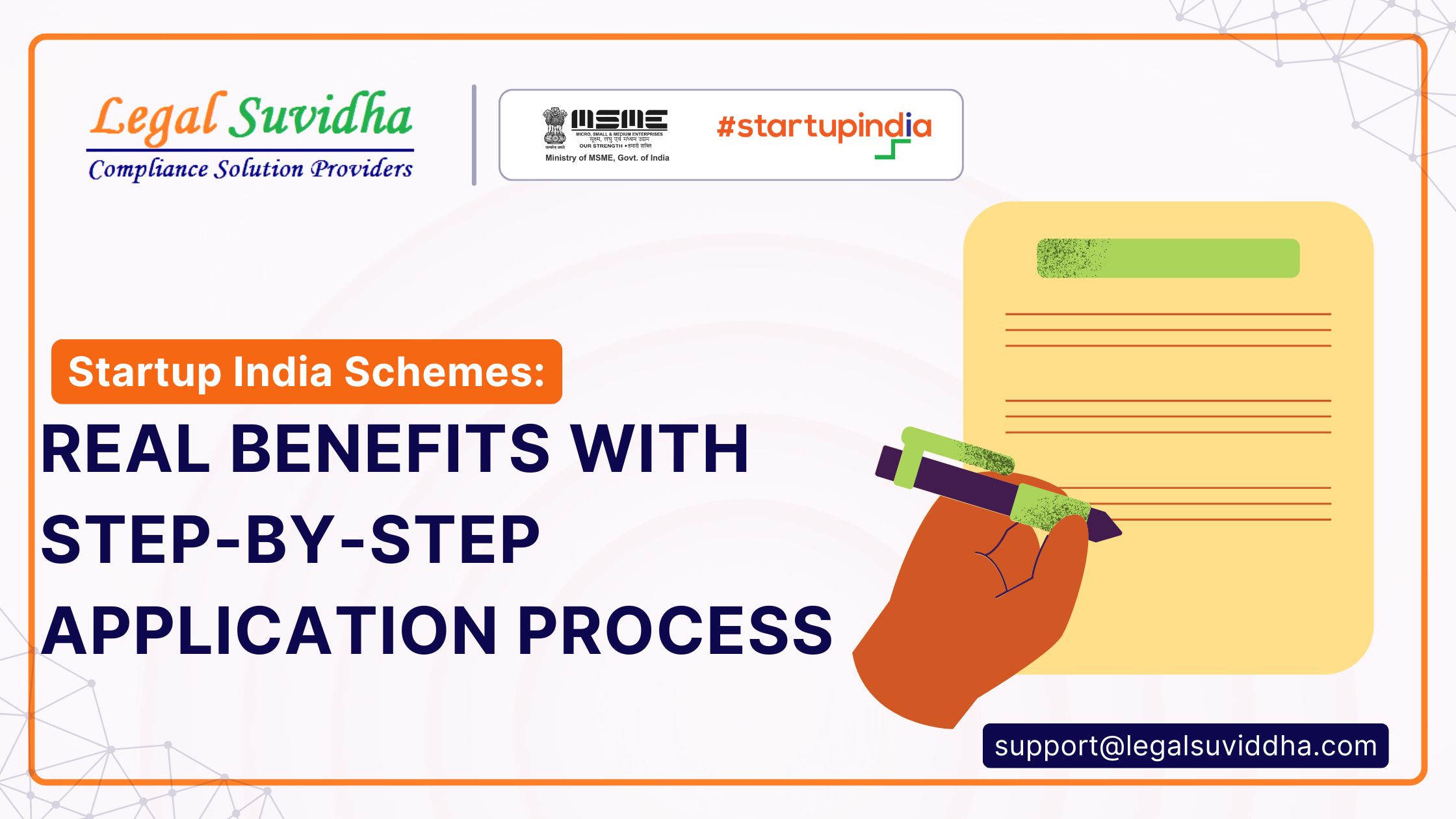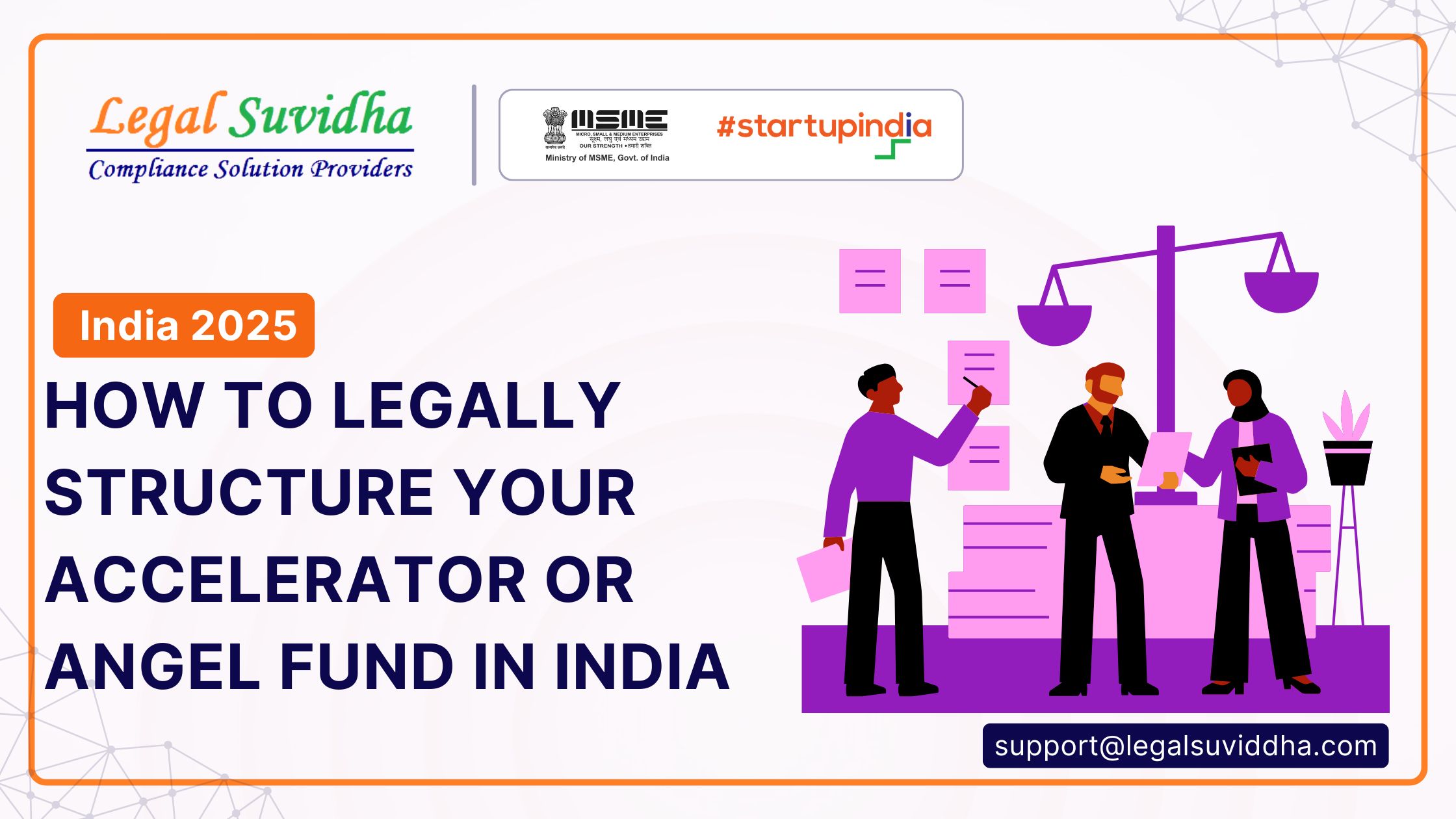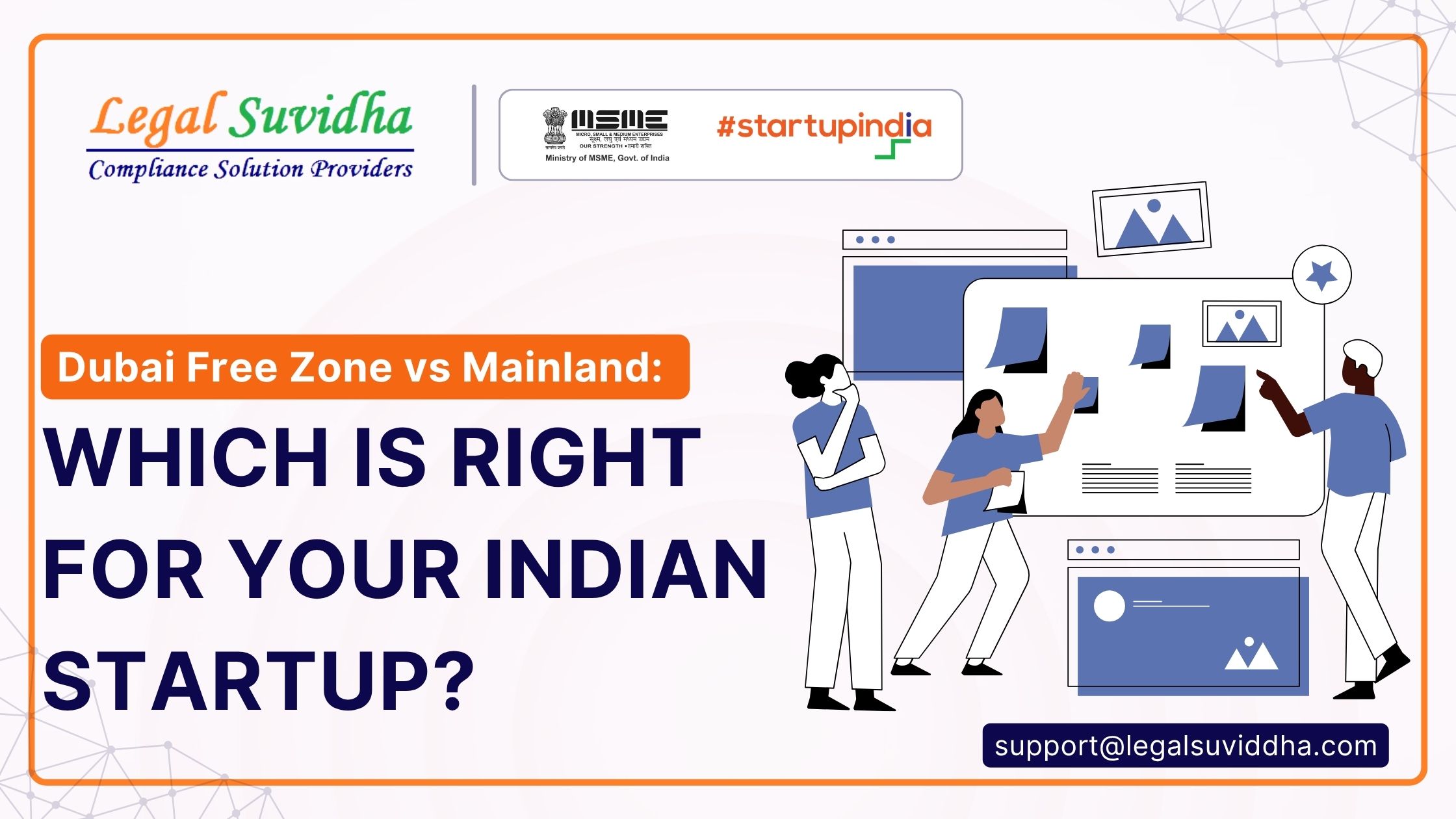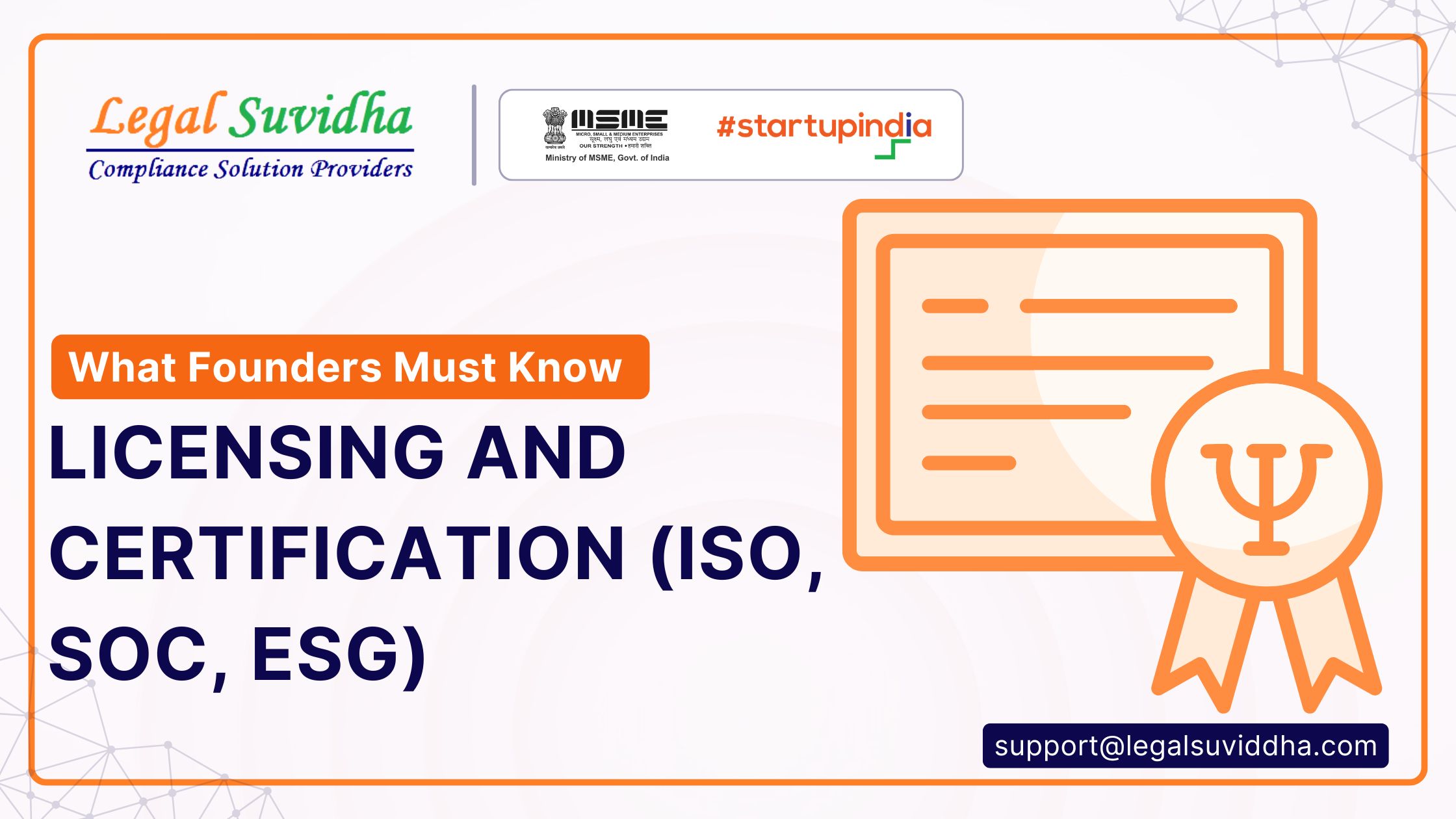In recent years, the implementation of Goods and Services Tax (GST) has significantly transformed the way businesses operate. With the advent of GST e-invoicing, a massive amount of data is generated, containing valuable information about transactions, products, and customer behavior. Analyzing this data is crucial for businesses to uncover meaningful insights that can drive informed decision-making. One powerful technique for exploring and understanding such data is cluster analysis, which enables the segmentation of GST data into distinct groups based on similarity. In this blog, we will delve into the concept of cluster analysis and discuss its applications in the realm of GST e-invoicing data analysis.
Understanding Cluster Analysis
Cluster analysis is a data exploration technique that aims to group similar data points while maximizing the dissimilarity between different groups. It helps identify patterns, similarities, and differences within the data that might not be readily apparent through traditional data analysis methods.
The process of cluster analysis involves the following steps:
1. Data Preparation: The first step is to gather, clean, and preprocess the GST e-invoicing data. This includes removing outliers, handling missing values, and transforming variables if required.
2. Feature Selection: Selecting the relevant features from the dataset plays a crucial role in obtaining meaningful clusters. Features such as transaction value, product category, customer type, or geographic location can be considered for clustering analysis, depending on the specific objectives.
3. Similarity Measures: To determine the similarity between data points, suitable distance or similarity measures need to be employed. Common measures include Euclidean distance, cosine similarity, or correlation coefficients. The choice of measure depends on the nature of the data and the desired outcomes.
4. Choosing a Clustering Algorithm: There are various clustering algorithms available, such as k-means, hierarchical clustering, or density-based clustering (e.g., DBSCAN). Each algorithm has its strengths and limitations, and the selection should be based on the characteristics of the GST data and the objectives of the analysis.
5. Determining the Number of Clusters: Before applying the clustering algorithm, it is essential to determine the optimal number of clusters. This can be done through techniques like the elbow method, silhouette analysis, or domain knowledge.
6. Cluster Formation: Once the number of clusters is determined, the clustering algorithm is applied to group the data points into distinct clusters based on their similarity. The algorithm iteratively assigns data points to clusters and updates the cluster centroids or density regions until convergence.
7. Cluster Interpretation: After obtaining the clusters, the next step is to interpret and analyze the results. This involves examining the characteristics and patterns within each cluster and extracting insights that can inform business decisions or strategies.
Applications of Cluster Analysis in GST e-Invoicing Data
1. Customer Segmentation: Cluster analysis can help segment customers based on their purchasing behavior, transaction frequency, or product preferences. This information enables businesses to target specific customer groups with tailored marketing strategies, product offerings, or loyalty programs.
2. Fraud Detection: By clustering GST data, it becomes possible to identify abnormal transaction patterns or anomalies that may indicate fraudulent activities. Clusters containing suspicious transactions can be further investigated for potential irregularities or tax evasion.
3. Inventory Management: Clustering can assist in identifying similar products or product categories based on transaction data. This information can guide businesses in optimizing their inventory management, demand forecasting, and supply chain decisions.
4. Compliance Analysis: Analyzing GST e-invoicing data through clustering can help identify non-compliant or potentially fraudulent taxpayers. By grouping taxpayers into clusters based on their tax payment patterns or invoice characteristics, authorities can efficiently allocate resources for audits or compliance monitoring.
Comparative Analysis of Clustering Algorithms for GST E-Invoicing Data Segmentation
Clustering algorithms are powerful tools used to group similar data points into clusters, where each cluster represents a distinct category or segment. These algorithms identify patterns and similarities within the data, allowing for efficient data segmentation without the need for labeled training data. Several clustering algorithms can be applied to GST e-invoicing data, including k-means, hierarchical clustering, DBSCAN (Density-Based Spatial Clustering of Applications with Noise), and Gaussian Mixture Models (GMM).
- K-means Clustering: K-means is a popular centroid-based clustering algorithm. It partitions the data into k clusters, where each cluster is represented by its centroid (mean). The algorithm iteratively updates the centroids to minimize the sum of squared distances between data points and their assigned centroid. K-means is computationally efficient and performs well when clusters have a spherical shape and similar sizes. However, its effectiveness may degrade when dealing with non-linear and irregularly shaped clusters.
- Hierarchical Clustering: Hierarchical clustering creates a tree-like structure (dendrogram) of nested clusters by either a bottom-up (agglomerative) or top-down (divisive) approach. It does not require the user to specify the number of clusters beforehand. Agglomerative hierarchical clustering starts with each data point as a separate cluster and then successively merges the closest clusters until all points belong to one cluster. Hierarchical clustering is useful for capturing nested and irregular-shaped clusters. However, it can be computationally expensive for large datasets.
- DBSCAN: DBSCAN is a density-based clustering algorithm that groups data points based on their density and identifies outliers as noise. It defines clusters as areas of high density separated by areas of low density. DBSCAN can efficiently discover clusters of arbitrary shapes and is robust to outliers. However, it requires setting two parameters, the minimum number of points in a cluster (minPts) and a distance threshold (epsilon), which can influence the results significantly.
- Gaussian Mixture Models (GMM): GMM assumes that the data points are generated from a mixture of several Gaussian distributions. It models each cluster as a Gaussian distribution and iteratively assigns data points to the cluster that maximizes the probability of generating the data point from that distribution. GMM is capable of handling overlapping clusters and is more flexible compared to k-means. However, GMM may struggle with high-dimensional data and requires estimating the number of clusters.
Conclusion
Selecting the appropriate clustering algorithm for GST e-invoicing data segmentation depends on the specific characteristics of the dataset and the objectives of the analysis. K-means is suitable for well-separated spherical clusters, while hierarchical clustering can capture nested and irregular shapes. DBSCAN is ideal for handling noise and discovering clusters of varying shapes and sizes, while GMM is more flexible and accommodating of overlapping clusters.
If You have any queries then connect with us at [email protected] or [email protected] & contact us & stay updated with our latest blogs & articles

